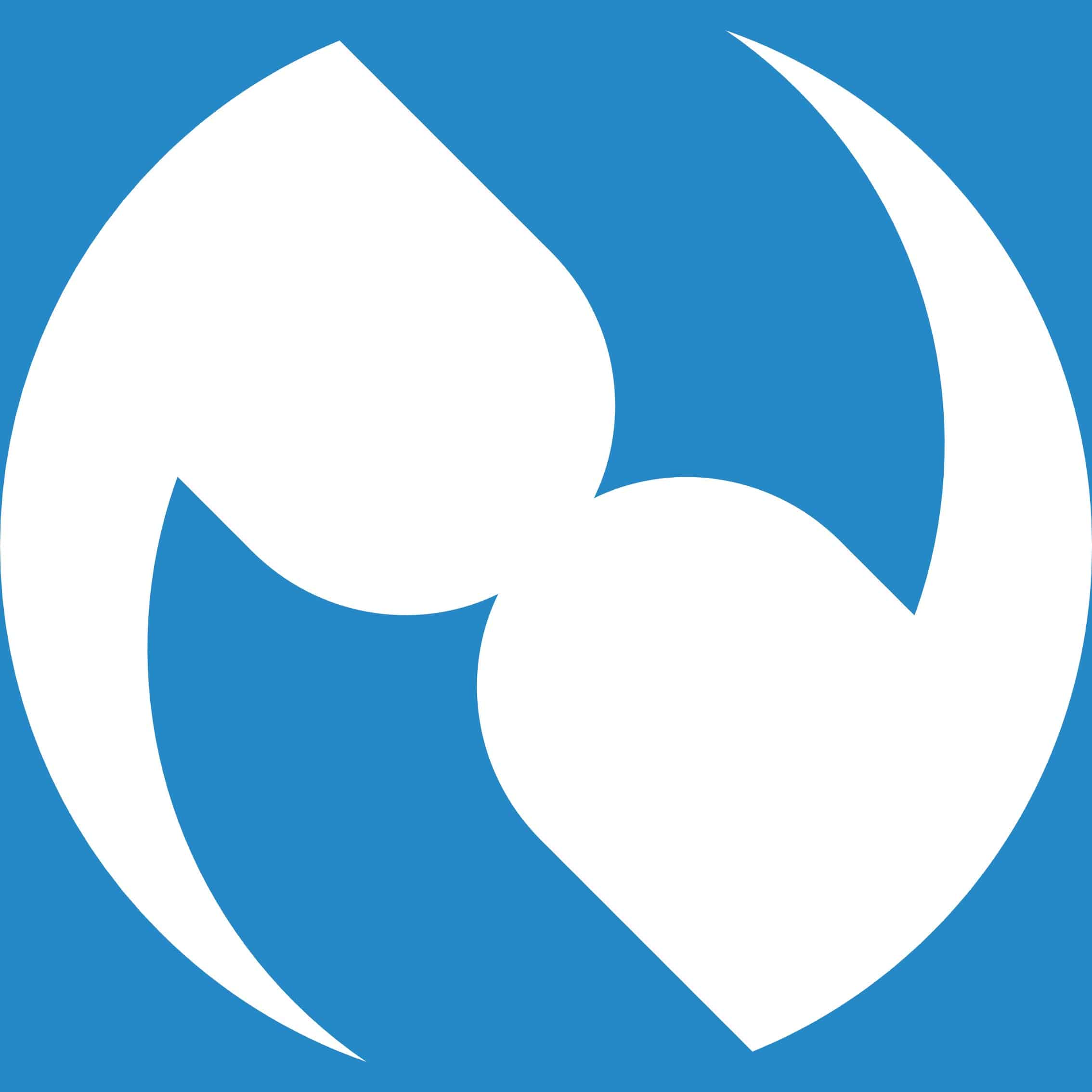Capital markets executive summary | Fri 26 May 2023
Capital markets executive summary | Fri 26 May 2023
Ekuinas mulls exiting Al-Ikhsan
The government-owned private equity firm bought 35% equity in Al-Ikhsan – a sports gear and clothing retailer – in 2016 for RM68.6m. The company currently operates 181 stores. It posted sales of RM330m in 2019 but the Covid lockdowns affected sales in the subsequent years. Al-Ikhsan’s revenue jumped 72.4% from RM281.6m in 2021 to RM485.4m in 2022. Earnings before interest tax depreciation and amortisation (EBITDA) grew 376% from RM18.7m to RM70.3m. The rebound helped deliver a turnaround in Ekuinas’ Tranche III Direct Fund. Ekuinas has begun discussing whether to exit in 2023 or later. It is also open to an initial public offering (IPO) and trade sale depending on the valuation. Recently, the firm was reportedly considering selling its 95.5% interest in shipping company Orkim – which it acquired in 2014 for RM346.3m – for RM1.5b. Orkim’s revenue climbed 23.5% from RM184.5m in 2021 to RM227.9m in 2022. Its EBITDA jumped 53.7% from RM88.2m to RM135.6m. The results contributed to Ekuinas’ Tranche II Direct Fund posting as return of 11.9%. Moving forward, Ekuinas is looking to deploy its RM1.5b Tranch IV Direct Fund and the RM100m Dana Asas announced in Budget 2023 amidst high liquidity chasing after the same small number of deals.
Inari Amertron 3Q net profit down 36.6%
The figure plunged from RM90.48m in 3Q ended 31 Mar 2022 to RM57.36m in 3Q ended 31 Mar 2023. Revenue shrunk 23.5% from RM360.34m to RM275.8m. The company – which provides outsourced services for semiconductor assembly and testing – blamed lower loading volume in the radio frequency segment because of softer smartphone demand and in the optoelectronics segment. For the 9M period, net profit was down 15.6% from RM304.7m to RM257.22m, while revenue fell from RM1.21b to RM1.06b. Looking forward, the company cautions that the global semiconductor downturn will affect results. The counter closed at RM2.26.
Khazanah prices USD1.5b sukuk and bonds
The issuance comprises USD750m 5-year sukuk and USD750m 10-year bonds out of the newly established USD10b euro medium term notes programme via Khazanah Global Sukuk Berhad and Khazanah Capital Ltd. The last issuance was USD1b unrated sukuk in 2021. The sukuk were launched at an initial price guidance of 135 basis points (bps) over the 5-year US Treasury yield while the bonds started at 160bps over the 10-year US Treasury yield. Strong demand from over 200 investors in Asia, Europe and the Middle-East pushed oversubscription to more than 7 times with the order book reaching a peak of USD12b. Khazanah tightened the sukuk pricing to 93bps from 135bps and the bonds pricing to 118bps from 160bps. The sukuk were finally issued at 4.687% and the bonds at 4.876%. The issuance proceeds will be used for general investments, refinancing of borrowings and working capital requirements. The sukuk and bonds will be listed on Bursa Malaysia under an exempt regime, Labuan International Financial Exchange Inc and Singapore Exchange Securities Trading Ltd. The joint lead managers and joint bookrunners comprised BofA Securities, CIMB, DBS, JPMorgan, Maybank, MUFG Bank and OCBC.
Singapore on the brink of technical recession
The country’s economy shrank 0.4% in 1Q2023 compared to 4Q2022. Year-on-year, Singapore’s gross domestic product (GDP) grew 0.4% from 1Q2022. Its economy depends on trade and the soft global economy and with China struggling to recover post-Covid, the outlook for 2023 is weak. Still, the trade ministry insists that a technical recession will not happen this year and forecasts growth at 0.5%-2.5%. The Monetary Authority of Singapore left monetary policy unchanged in Apr after tightening 5 consecutive times from Oct 2021. It is however keeping a watchful eye on growth and inflation.
Futuristic air food makes global debut
Finnish startup Solar Foods makes the powder – called Solein – from air, water, electricity and microbes. The microbes feed on nitrogen and carbon dioxide in the air and begin to grow. After excess water is removed and the microbes are dried, it forms a yellow-coloured powder with the texture of starch and tastes nutty. In Oct 2022, Singapore approved the sale of products made from the substance. It is 65%-70% protein, 5%-8% fat and has a similar composition to soy or algae. It can be turned into bread and pasta. Solar Foods was spun out of a Finland government-owned research institute in 2017. It has raised EUR105m from, among others, Agronomics and CPT Capital. The company is looking to raise more cash for a large-scale commercial factory in the next 3 years. A California-based competitor – Air Protein – struck a partnership with crop giant Archer-Daniels-Midland Co to build a commercial-scale plant.

